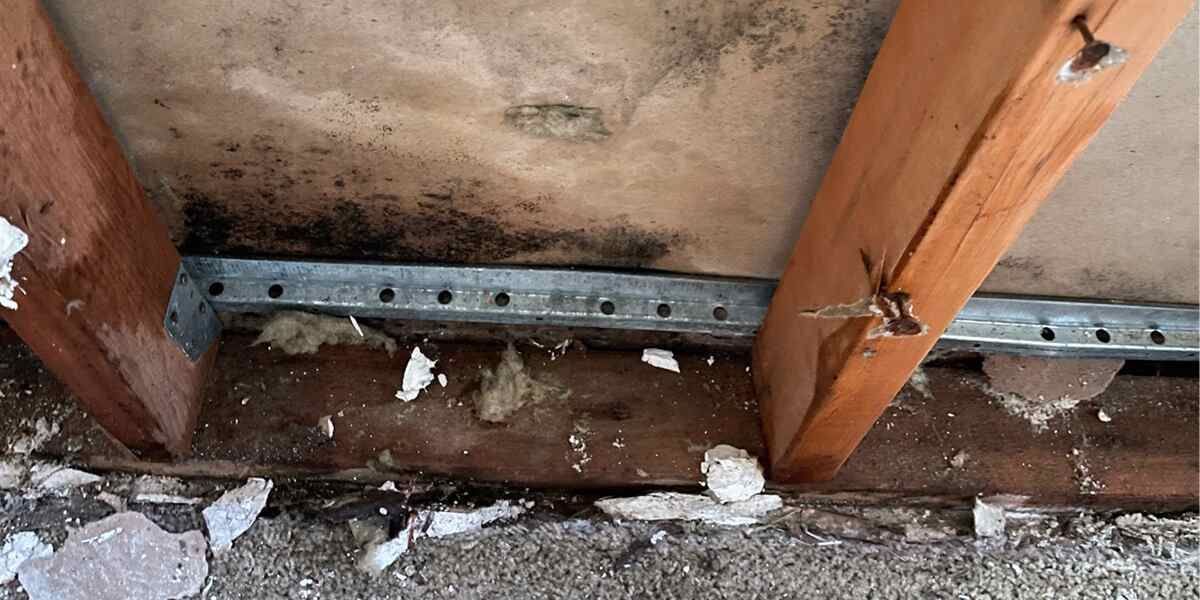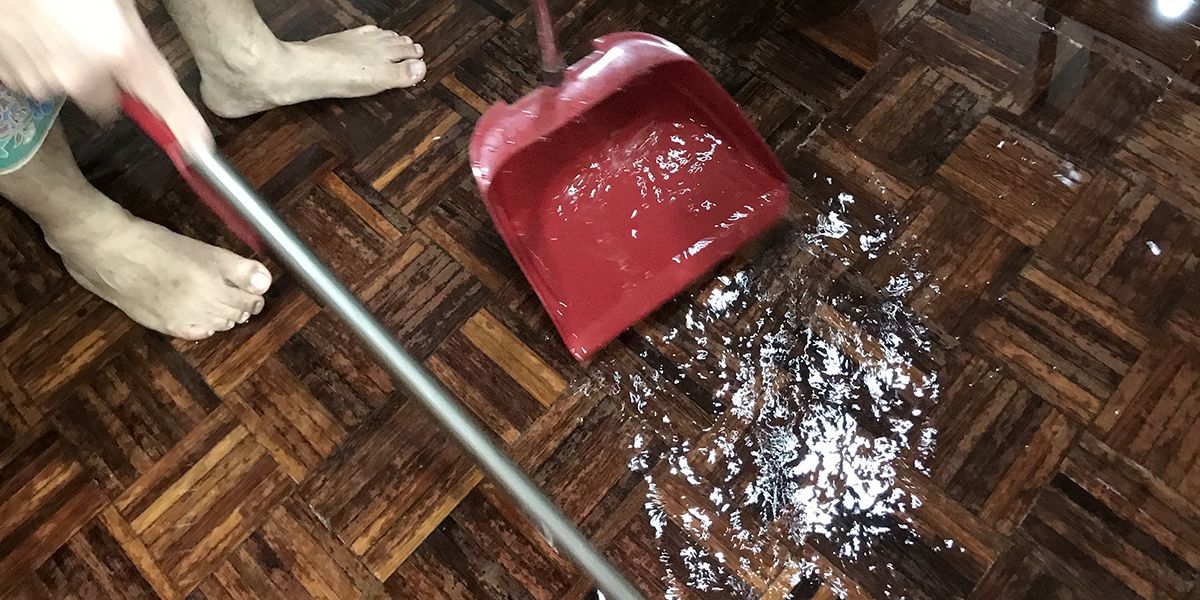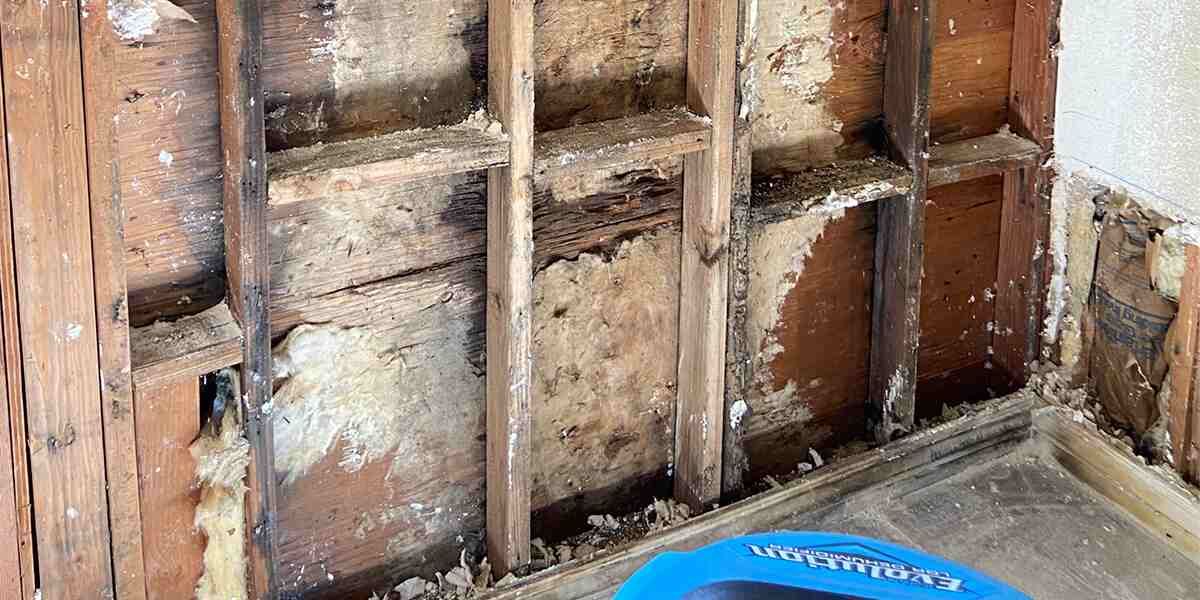Steam Smart Pro Carpet Duct & Tile Cleaning
How To Remove Rust Stains From Tiles
Are you having trouble removing rust from tiles in your kitchen or bathroom? Call Steam Smart Pro Carpet Duct & Tile Cleaning at 520-502-7683 for top-quality steam cleaning services!
Over time, oxygen and iron on your bathroom or kitchen tiles can react, resulting in iron oxide, or rust. The oxygen can come from water molecules that interact with the iron in the tile and grout materials. However, even after it shows up, you can prevent further damage if you act quickly.
Are you unsure how to remove rust stains from tiles on your walls or floors? Advice from our expert tile cleaning company in Tucson, AZ, can help you remove unsightly rust stains quickly. Here's our list of possible solutions and items that may work for your rust situation.
Prominent Stain Facts To Remember
Before we list ways to remove rust stains on tile flooring or walls, read these rust facts. They can help you make better cleaning choices so you don’t accidentally cause stains to set in.
Don’t Let the Stains Dry for Too Long
Remember to address the stains as quickly as possible. The longer you leave a stain to sit and dry, the more it sets into the material. Eventually, it can become nearly impossible to remove it without professional help.
Research the Best Solution for the Stained Material
You can use some cleaning solutions on certain home materials but not others. For example, strong bleach may help clean up stains on laminate, but might not work as well on other materials.
You shouldn’t always use the most powerful cleaner because of the potential to damage your property. Look up the best solutions for the material you want to clean.
Home Remedies Can Sometimes Be Better for Your House
Many store-bought rust cleaners are too strong for home use. The advertised power can cause problems for home materials if it spills onto them, including material weakening and deterioration.
DIY Rust Removal Solutions
Our home solutions for how to remove rust stains from tiles are powerful, yet they don’t overpower the materials. Learn more below.
#1. Lemon Juice Packs a Punch
Lemon juice isn’t just a delicious additive to a cup of water or hot tea. It has several qualities that make it great for cleaning, including:
- A high pH level of around two, which is quite acidic when not digested
- A pleasant smell that makes it popular for home and professional cleaners
- Natural cleansing abilities that are easy to clean up and aren’t hazardous to most skin
Rust immediately begins to break down when exposed to lemon juice. Leave the rusted tile under fresh juice for 10 to 15 minutes for a stronger effect.
After you’ve let it sit, use a soft-bristled brush or an old toothbrush and scrub the stain. You can also add some salt to the stain for additional grit that should not overwork or damage the tiles. It can also help the natural cleaning solution reach and clean the grout.
#2. White Vinegar Cleans to Perfection
Like lemon juice, white vinegar is an occasionally edible addition you can make to your home cleaning cabinet. Vinegar can break down dirt, oil, and bacterial structures because it is roughly 5% acid.
The acetic acid gives it that pungent smell and taste for food and cleaning solutions. Even the University of Illinois has noted white vinegar as one of several good home remedy cleaners.
It can take slightly longer to clean since it has a slightly higher pH of 2.4 and more water content than lemons. When you have a rust stain on your tiles, leave some white vinegar on it for about one to two hours. Afterward, follow the same rules you would for lemon juice, including using salt as needed.
#3. Toothpaste Freshens More Than Teeth
You’ve likely heard of many ways you can use toothpaste to improve everything from pimples to removing soap scum. Did you know many DIYers include toothpaste in their instructions on how to remove rust stains from tiles? Toothpaste can be a great cleaning tool due to certain traits:
- Unlike white vinegar or lemon juice, it is loosely alkaline with a typical pH of around eight.
- The more alkaline solution works as a milder cleanser than some other home remedies.
- You can use toothpaste on many different materials without damaging them.
- Toothpaste with baking soda works better to clean other surfaces due to the slight grit.
Put a light layer of toothpaste on the rust stain. Then, take a soft-bristled toothbrush and start scrubbing lightly in circular motions. The rust should start coming right up, and you can finish cleaning it with a damp paper towel.
#4. Hydrogen Peroxide Has Cleaning Power
Manufacturers use hydrogen peroxide in toothpaste, hair bleach, laundry detergent, and other cleaning solutions for good reason. Hydrogen peroxide (H2O2) is water with an extra oxygen molecule, which causes oxidation. The oxidation process removes color from porous materials and kills germs.
However, be more careful using it since oxidation is also part of what causes rust in the first place. For this solution, mix low-dose hydrogen peroxide with cream of tartar to create a paste. The best paste comes from one part peroxide and two parts cream.
Rub the paste into the rust using a soft-bristled brush and leave an additional top coating overnight. When you wake up, it should come off the previously rusted tile easily.
When You Need an Expert Hand, Call Steam Smart Pro Carpet Duct & Tile Cleaning
Some rust and other stains may have already set in before you could get to them, making the walls or floors look unsightly. If you’ve looked up how to remove rust stains from tiles and tried everything, call Steam Smart Pro Carpet Duct & Tile Cleaning. Our professional cleaners evaluate the severity of the stains and the type of material to use the best combination of cleaner and steam possible.
Does your home need a thorough cleaning? Are you unsure if you can use bleach on tile floors or walls? Call Steam Smart Pro Carpet Duct & Tile Cleaning at 520-502-7683 for fast and efficient service in and around Tucson, AZ, today!



